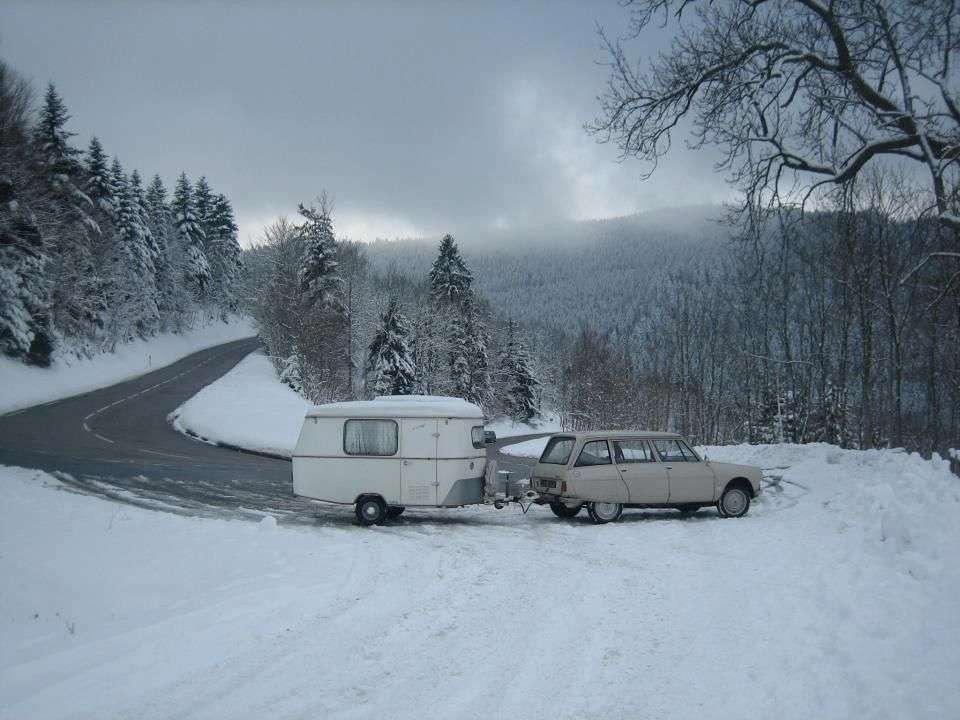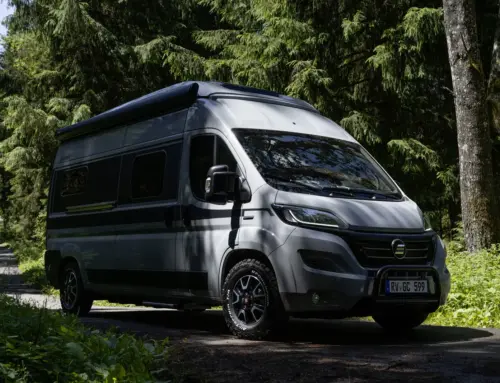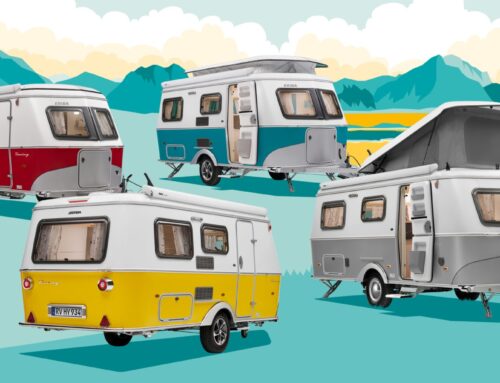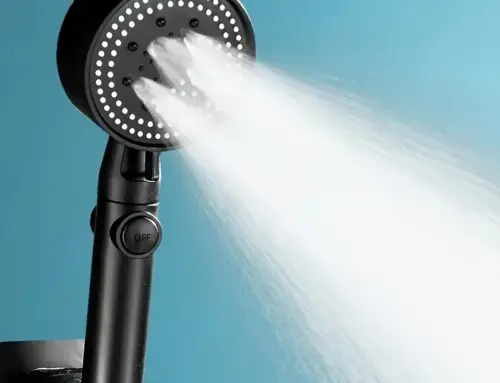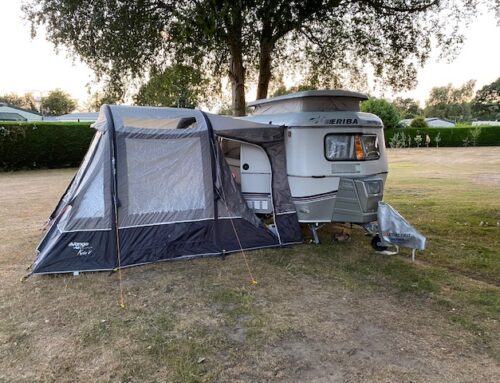The UK is known for cold weather as we approach the winter periods, so it’s always good to know how to be efficient with your Eriba. Here are our top tips for winter touring:
- Check the state of your walking boots – soles, uppers, laces etc. – take spare laces. You’re going to want them in top condition.
- Don’t plan for a late arrival on site. It’ll be dark, really dark.
- Check the forecast and plan activities accordingly. Stay safe if conditions are poor, especially near the coast or in the hills. Listen to the advice of locals.
- Take less stuff: Do you need your outdoor chairs and BBQ? Take only what you’re sure you’ll use.
- Take more stuff: Don’t skimp on outdoor clothes, extra blankets, and anything else you’ll need to feel cosy.
- Work out an evening routine: Check fresh and wastewater levels. Is there enough gas for the morning? Should you really empty the toilet cassette tonight? You might want to do all this before it gets completely dark
- Work out a morning routine: The wise winter tourer knows where he/she left their slippers. If you’ve no onboard convenience in a campervan, say, leave your outdoor shoes and coat readily to hand in case of morning urgency
- Check your torch, check the batteries, then check them again. Buy a wind-up torch. A head torch can be useful for those two-handed jobs like emptying the loo.
- Put reflective tape/paint on anything you’ve previously walked into in the dark e.g. caravan hitch, water/waste containers, edge of your entrance step, roll-out awning supports.
- There will be dull days when you just don’t fancy going out. Rediscover board games or a good book.
- Plan a date night in a local pub or restaurant and indulge in the winter comfort food menu. There’s something romantic about cold weather trips; perhaps it’s the need to huddle together for warmth?
- Have an early night or a lie-in. Or both. Sleep is good. Get more of it during the longer nights.
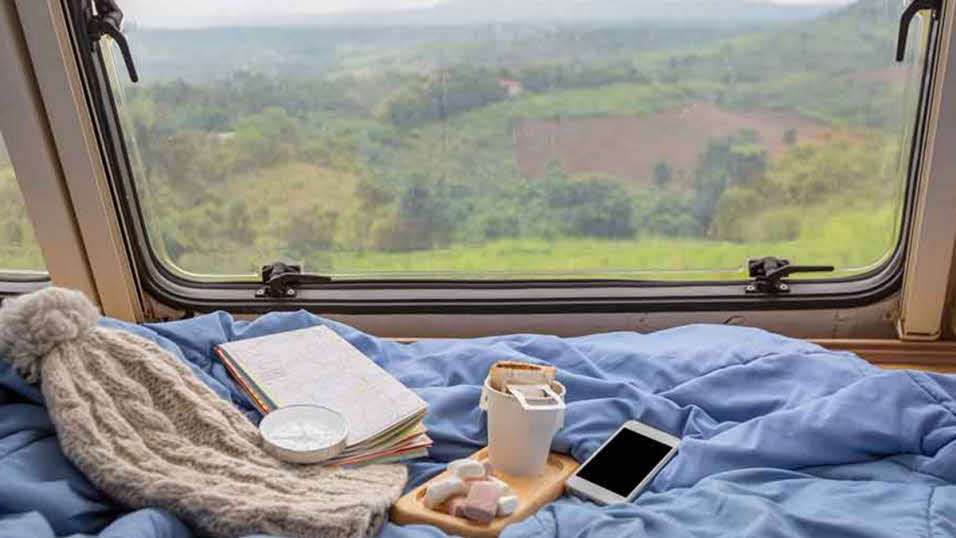
Heating
A modern, well-insulated leisure vehicle and a decent duvet or sleeping bag will keep you snug in all but the most extreme conditions overnight, so you’ll rarely need overnight heating. Modern caravans and coachbuilt motorhomes tend to be very well insulated and have efficient heaters.
Which heating system do I need?
Heating systems vary. The wet central heating systems found on many higher-specification caravans and motorhomes are ideal but the blown air heaters on most others will still do the job. If some extra warmth is necessary, a small, thermostatically-controlled fan heater is fine if on mains hook-up (1kW should be enough) and can also provide reasonably rapid boost heating – ideal for first thing in the morning!
Heaters will use quite a lot of gas and battery power (for control systems, fans and circulation pumps). Make sure you have sufficient gas and battery charge if you’re planning to stay somewhere without mains electricity. Most systems run off gas or mains electricity though, and the latter is more convenient in the winter. Some smaller campervans use diesel heaters similar to those often fitted to truck cabs.
With gas or diesel heating, you must make sure the flue is not at risk of blockage by snow or wind-blown rubbish, especially if you do want to run the heating overnight.
Heating which can be programmed through a timer (or even a mobile phone app) to provide warmth when you get in during the evening before you go to bed and best of all, before you get up is really useful.
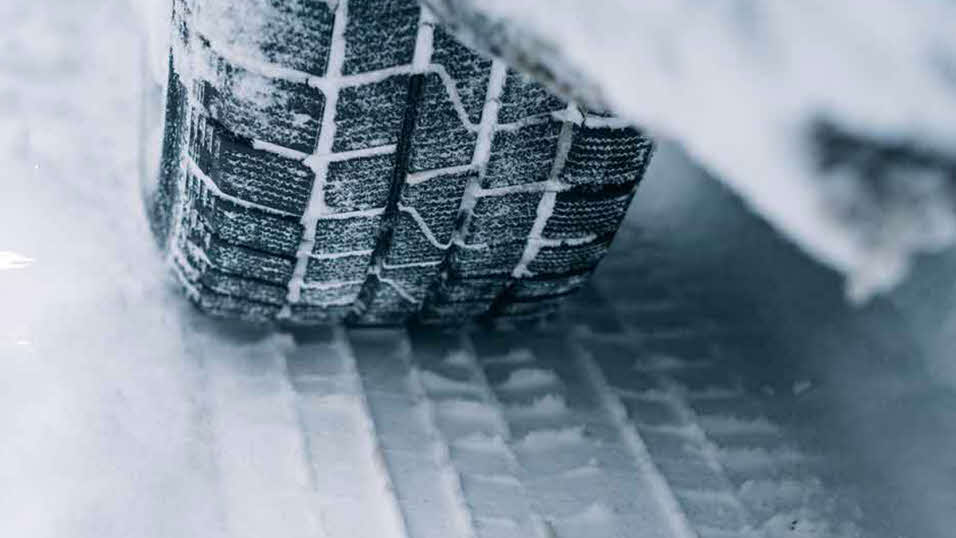
Freshwater
One of our freshwater tips when touring: in below-zero conditions, an outside water container may partially freeze over so keep a small container inside too. Many motorhomes and some caravans have onboard water tanks: these are less likely to freeze. You can get insulated covers and even low-power electric heating devices to stop containers from freezing.
Wastewater
To reduce the risk of your waste water container freezing, you can use insulation, a low-powered electric heater, or add salt to the container. You could also use a proprietary glycol-free caravan/motorhome anti-freeze such as that made by Elsan, which can also be used to prevent freezing of the toilet. Glycol-based car anti-freeze should not be used, as it cannot be disposed of into the drainage system for environmental reasons.
Which gas should I use?
Liquefied butane doesn’t turn to gas as temperatures fall to around freezing (0*C) so for winter touring, switch to propane. Propane can be used all year round, but butane’s a little more efficient, so is cheaper for the summer.
Which towcar?
For regular winter caravanners, a four-wheel drive car or all-terrain vehicle is well worth considering. Mud and snow tyres often improve traction and can be used all year round. For very slippery sites, snow chains might be needed. For more advice, check our guide on buying a towcar or take a look at the winners of our Towcar of the Year Awards.
